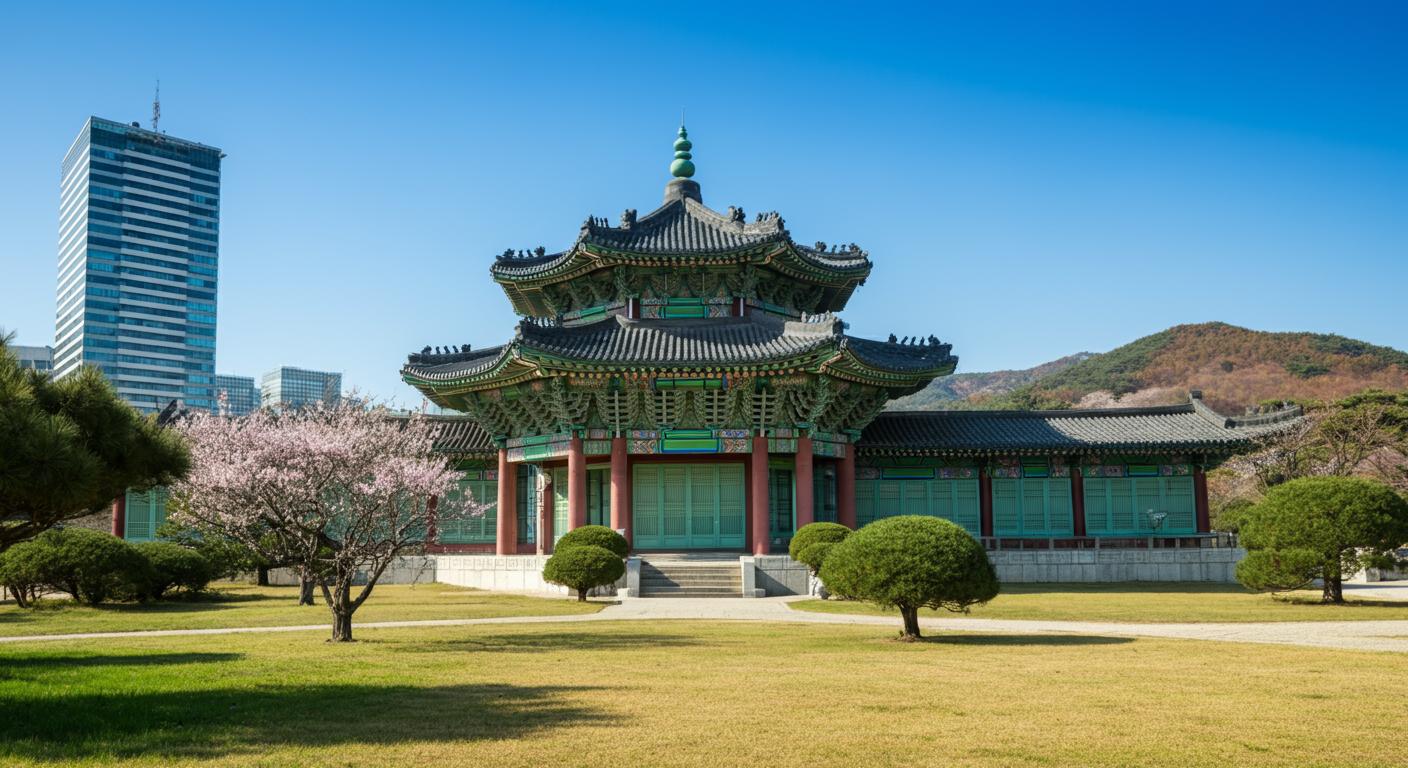Public Holidays in South Korea: A Comprehensive Overview
As we bid farewell to 2020 and welcome 2021, let's explore the national holidays in South Korea.
Regulations and Application
Public holidays in Korea adhere to the 'Regulations on Holidays of Public Agencies'. This regulation aims to extend holiday applications from public institutions to private entities. Currently, public institutions are required to observe these holidays, while private companies have the option to choose.
List of Public Holidays
- New Year's Day: January 1
- Lunar New Year's Day: December 31, January 1 and 2 of lunar month
- Independence Movement Day: March 1
- Children's Day: May 5
- Buddha's Birthday: 8th day of 4th lunar month
- Memorial Day: June 6
- National Liberation Day: August 15
- Chuseok: August 14, 15, 16 of lunar month
- National Foundation Day: October 3
- Hangeul Day: October 9
- Christmas: December 25
- Election Days (Presidential, legislative, and local election days)
Additionally, South Korea has implemented a substitute holiday system. This provides an extra day off on weekdays following a public holiday when it coincides with other holidays or Sundays. This system applies only to Lunar New Year, Chuseok, and Children's Day.
Detailed Look at Selected Public Holidays
Most national ceremonies, such as Memorial Day, are broadcasted or live-streamed, with national flags prominently displayed throughout the country.
1. New Year's Day
Since 1953, Koreans have celebrated the new year with the Bosingak Bell-ringing Ceremony. This midnight event marks the transition to the new year. Some participate in person, while others watch the broadcast. Unfortunately, due to the pandemic, the ceremony was cancelled for 2021 - a first in its history. Alternatively, many people visit the East Sea to witness the year's first sunrise, making resolutions and wishing for good fortune.
2. Independence Movement Day
March 1st commemorates the independence movement of 1919. The 3.1 Independence Movement was one of the earliest public demonstrations declaring Korea's independence during Japanese rule. This nonviolent resistance sparked widespread movements across the country and led to the establishment of the Provisional Government of the Republic of Korea, now considered a cornerstone of the nation's constitutional spirit.
3. Memorial Day
June 6th honors patriots who sacrificed for the country. A memorial ceremony at Seoul National Cemetery is broadcasted nationwide. A one-minute siren sounds across the country, prompting silent prayers. National flags are flown at half-staff.
4. National Liberation Day
August 15th marks the liberation from Japanese occupation in 1945, coinciding with the end of World War II. Known as 'Gwangbokjeol' in Korean, meaning 'the day the light returned', it symbolizes liberation. Besides official ceremonies, flash mobs are organized to reenact historical scenes, with participants shouting 'Hurray for the Independence of Korea'.
5. National Foundation Day
October 3rd commemorates the formation of Gojoseon, the first Korean state. According to historical records, Gojoseon began when Hwanung descended from heaven in 2333 BC. The day is called 'Gaecheonjeol', meaning 'The Opening of Heaven'.
6. Hangeul Day
October 9th celebrates the creation of Hangeul, the Korean alphabet, by King Sejong the Great of the Joseon Dynasty. Hangeul is unique for having historical records of its creator and creation date. The 'Hunminjeongeum Haerye', detailing the creation process, is a national treasure.
These public holidays in Korea not only celebrate significant events but also serve as reminders of the nation's rich history and cultural heritage. The remaining holidays will be discussed in a future article.
Happy New Year! 🎁🥰


Comments